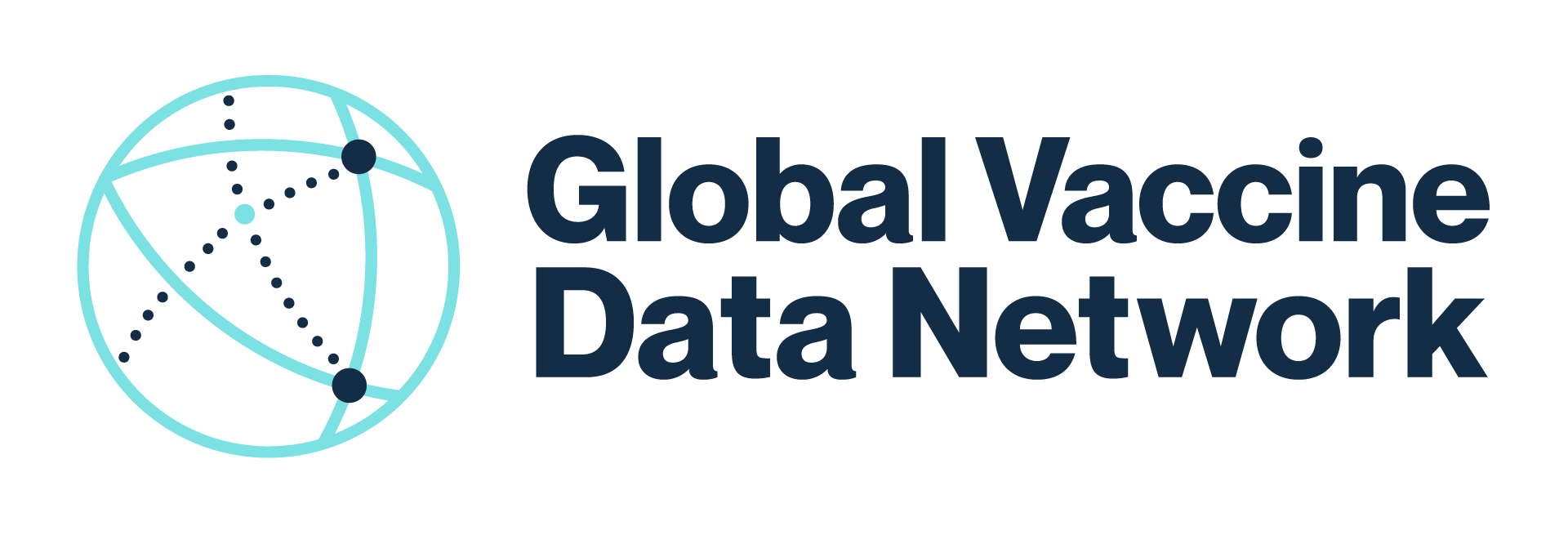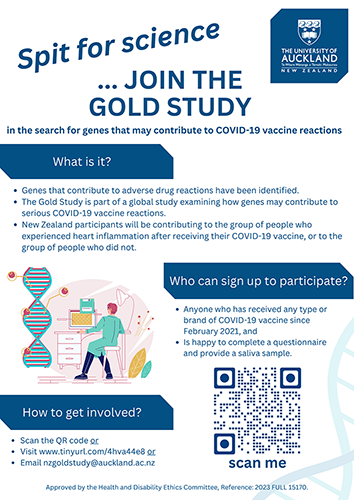Adverse events of special interest (AESI) such as Bell’s palsy and narcolepsy often present to primary care settings rather than hospitals and COVID-19 vaccine pharmacovigilance using hospital data only will miss these cases.
The GVDN® is a technical partner with the African COVID-19 Vaccine Safety Surveillance (ACVaSS) project.* Hospital-based sentinel surveillance designed to detect safety signals of rare adverse events of special interest (AESIs) or to evaluate safety signals arising from other sources,
The BRAVE project* will develop infrastructure for post-authorisation vaccine safety surveillance in low- and middle-income countries (LMICs) and identify the rates of potential adverse events of special interest (AESI) before the introduction of new vaccines.
This is a self-controlled case series (SCCS) study of a cohort of children aged 0–5 years who were born in 2008–2019 and are resident in New Zealand to investigate the association between MMR vaccination and a list of specified conditions.
The Genomics of COVID-19 Vaccine-Related Adverse Events project is one of the Global COVID Vaccine Safety (GCoVS) project* activities.
The simultaneous development of so many vaccines for COVID-19 and their anticipated deployment in both high- and low-middle- income countries to meet the global need was unprecedented.
The New Zealand Gold Study included a suite of observational studies to assess the risk of adverse events of special interest following COVID-19 vaccines in Aotearoa New Zealand using a gold standard approach. The work also includes contribution to a genomics study.


